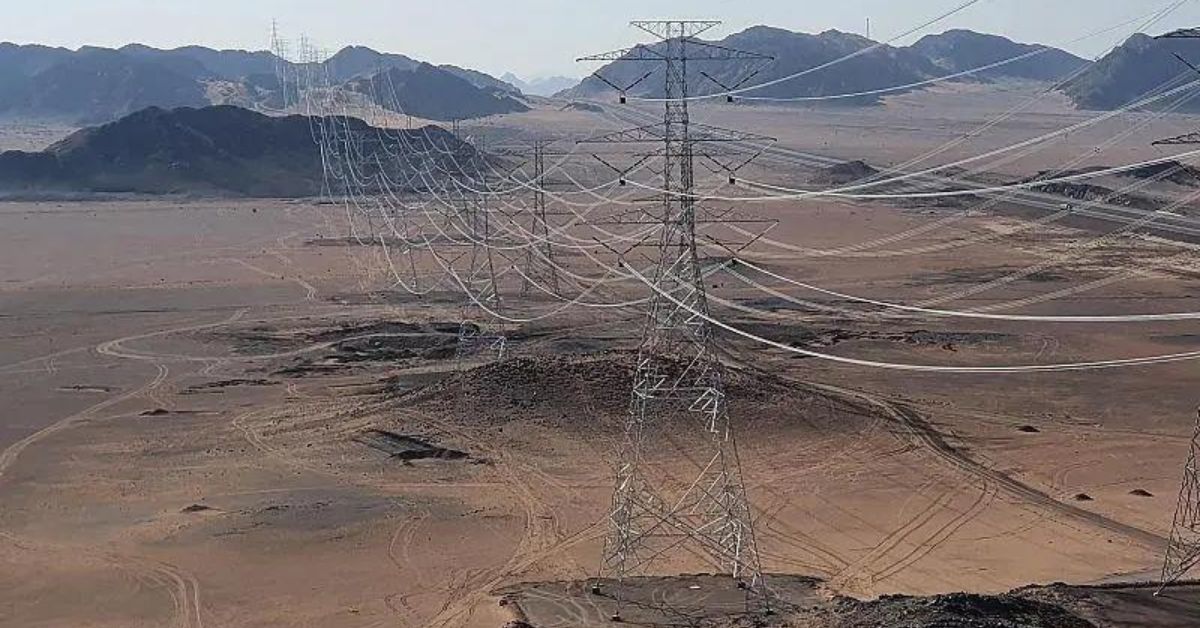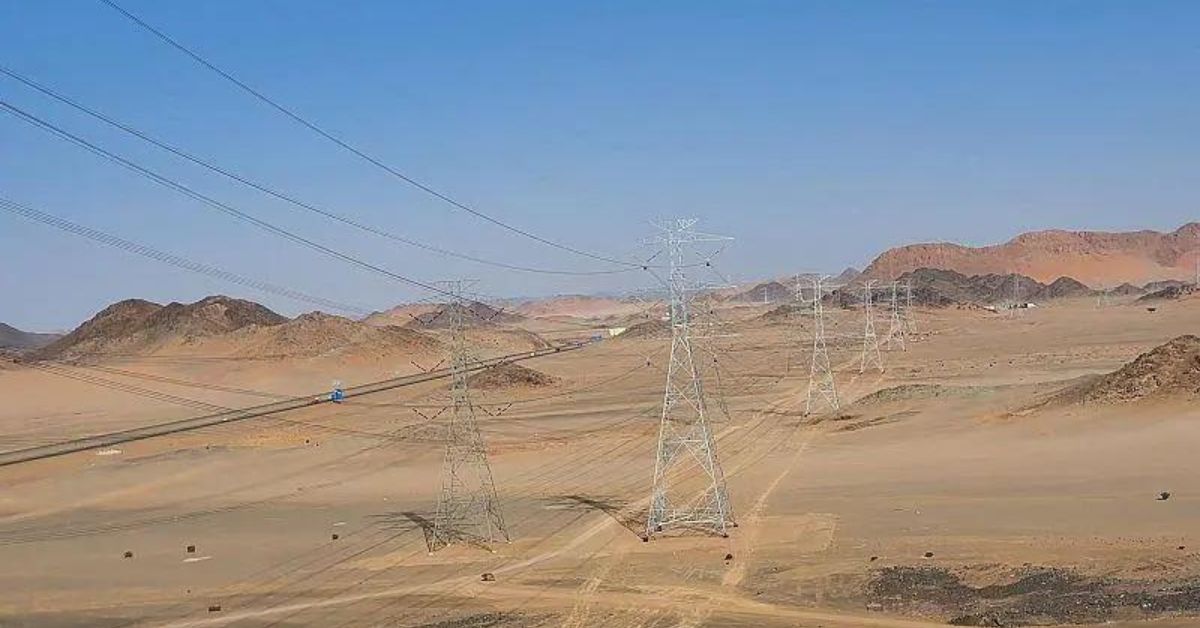NEW DELHI — India is gearing up to link its power grid with Saudi Arabia and the UAE via undersea cables, according to Indian media reports. Citing Indian Minister for Power and Renewable Energy Raj Kumar Singh, the initiative aims to broaden access to reliable power and bolster India’s energy security. With Cabinet notes already in circulation for inter-ministerial consultation, this ambitious project edges closer to realization, pending Cabinet approval.
Singh revealed that the agreement with the UAE is nearing completion, marking a significant milestone in the One Sun, One World, One Grid initiative announced earlier in January. This initiative seeks to establish a global renewable energy grid, and the feasibility study for connecting Indian and UAE power grids underscores its progressive march forward.
The proposal to interconnect India’s power grid with Saudi Arabia is under scrutiny, signaling a broader vision for energy cooperation within the region. In a related development, the Gulf Cooperation Council Interconnection Authority (GCCIA) has engaged Japan’s Hitachi Energy to enhance the Al-Fadhili high-voltage direct current converter station in Saudi Arabia. Post-upgrade, the station will facilitate an exchange of up to 1,800 MW of power among the six Gulf states, underscoring the region’s integrated approach to energy management.
Further strengthening the grid’s infrastructure, GCCIA has commissioned five contracts totaling $220 million to link the Gulf’s electricity grid with Iraq. The Saudi Electricity Co. is also exploring a power transmission link between Saudi Arabia and Iraq, with preliminary studies initiated for a project expected to stretch from Arar to Yousifiyah in Iraq.
Amid these developments, Majeed Al-Moneef, chairman of the Saudi Association of Energy Economics, had earlier emphasized the importance of international and regional cooperation to meet escalating power demands. He advocated for a common grid and energy market, supported by an appropriate regulatory framework, heralding a new era of energy collaboration in the Middle East.

Parallel to these energy initiatives, maritime connections between Saudi Arabia and India have been fortified. The Saudi Ports Authority announced that Safeen Co., a subsidiary of the Abu Dhabi Ports Group, has incorporated the King Abdulaziz Port into its new UAE-India-Gulf service. This maritime trade route not only enhances the bilateral ties but also serves as a crucial conduit for the flow of goods and commodities, thereby stimulating economic growth in the interconnected regions.
The new shipping service, connecting the Kingdom with six regional and international seaports, is poised to amplify the movement of exports and imports, aligning with the Saudi harbor’s vision for efficient and sustainable operations. This initiative is part of broader efforts to enhance the competitiveness of Saudi ports and integrate them more closely with global shipping lines, in alignment with the National Strategy for Transportation and Logistics Services.
The addition of 12 maritime shipping services at the King Abdulaziz Port in 2023 exemplifies Saudi Arabia’s commitment to becoming a global logistics hub. Furthermore, recent statistics released by Mawani highlight a significant uptick in the import of containers and cargo throughput tonnage, reflecting the successful efforts to upgrade port infrastructure and logistical services.
These concurrent developments in energy and maritime logistics signify a pivotal shift towards greater regional integration and cooperation, promising to reshape the economic landscape of the Middle East and beyond.


